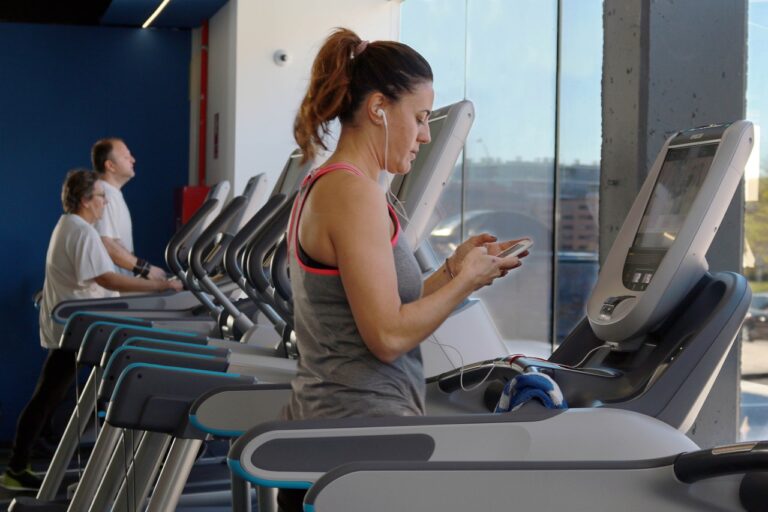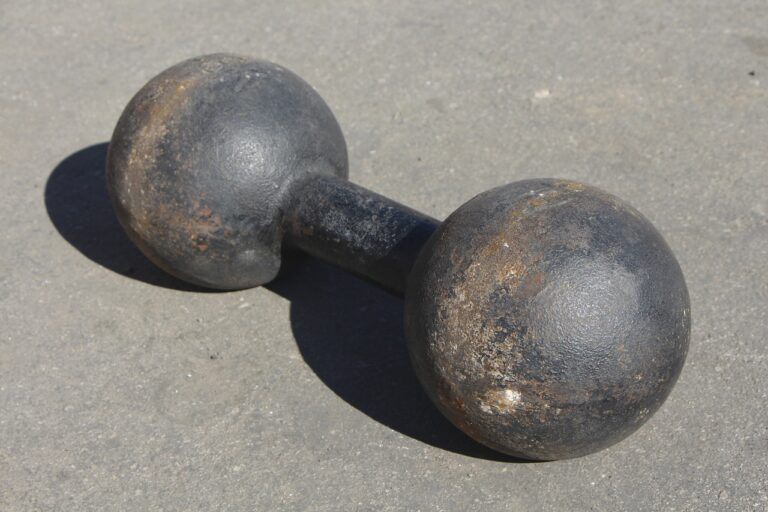ACL Injuries in London: Comprehensive Guide and Treatment Options
Anterior Cruciate Ligament (ACL) injuries are among the most common and severe types of knee injuries, often affecting athletes, individuals with active lifestyles, and those in physically demanding occupations. In London, with its vibrant sports culture and dynamic population, ACL injuries are a growing concern. Understanding the nature of these injuries, the symptoms, and available treatments is essential for anyone experiencing knee issues.
Understanding ACL Injuries
The Anterior Cruciate Ligament (ACL) is one of the four major ligaments in the knee. It plays a critical role in stabilizing the knee joint, particularly during activities that involve sudden stops, changes in direction, or jumping. Unfortunately, this ligament is highly susceptible to injury, particularly in sports like football, rugby, skiing, and basketball. An ACL injury often occurs when the ligament is overstretched or torn, either partially or completely.
Common Causes of ACL Injuries in London
Living in a bustling city like London, with access to a wide range of recreational and competitive sports, significantly increases the risk of ACL injuries. These injuries commonly occur due to:
- Sudden changes in direction: Sports such as football or basketball, which involve quick pivoting, often lead to ACL injuries.
- Improper landings: Activities involving jumping and landing, such as gymnastics or volleyball, can result in undue stress on the ACL.
- Direct impact to the knee: Contact sports like rugby or skiing accidents can cause a direct blow to the knee, leading to ACL tears.
Symptoms of an ACL Injury
An ACL injury typically presents itself with immediate and recognizable symptoms. Individuals suffering from an ACL injury may experience:
- A popping sensation: Many report hearing or feeling a pop at the time of injury, which often signals a ligament tear.
- Sudden pain: The pain associated with an ACL tear is sharp and immediate, usually concentrated around the knee joint.
- Swelling and inflammation: Rapid swelling of the knee occurs within hours after the injury, making movement difficult.
- Instability: The knee may feel unstable or give way when bearing weight, particularly during activities involving movement or twisting.
If you or someone you know is experiencing these symptoms, it is critical to seek medical attention promptly. In London, there are numerous specialists who can offer advanced diagnosis and treatment options for ACL injuries.
Diagnosis of ACL Injuries in London
Diagnosing an ACL injury typically involves a combination of physical examinations and imaging tests. In London, the most common approaches include:
- Physical examination: A trained medical professional will check for swelling, tenderness, and instability by manipulating the knee in various positions.
- MRI scan: An MRI is often recommended to confirm the extent of the injury and whether other structures, such as the meniscus, have been damaged.
- X-rays: Although ACL injuries are soft tissue-related, X-rays can rule out bone fractures or any accompanying injuries.
In many of London’s leading sports injury clinics, advanced imaging technology allows for swift and accurate diagnosis, ensuring that treatment can begin without unnecessary delays.
Treatment Options for ACL Injuries in London
The treatment plan for an ACL injury largely depends on the severity of the injury and the individual’s lifestyle needs. In London, world-class orthopaedic surgeons and physiotherapists offer a range of cutting-edge treatment options, including both surgical and non-surgical approaches.
Non-Surgical Treatment
Non-surgical treatment is typically recommended for individuals with partial ACL tears or those who are not heavily involved in high-demand activities. Treatment options may include:
- Physical therapy: Targeted physiotherapy is often the cornerstone of conservative treatment. Through exercises designed to strengthen the muscles around the knee, improve balance, and restore range of motion, many patients can regain knee stability without surgery.
- Bracing: For added knee support, especially during recovery, bracing can be used to provide stability and prevent further damage.
Surgical Treatment
For patients with complete ACL tears or those who wish to return to high-impact sports, surgery is often the best course of action. The most common procedure performed in London is ACL reconstruction:
- ACL reconstruction surgery: This involves replacing the torn ligament with a tissue graft, often taken from the patient’s own hamstring or patellar tendon. The procedure is highly effective at restoring knee function, but it requires extensive rehabilitation post-surgery.
London boasts some of the top orthopaedic surgeons in the world, with many specializing in minimally invasive ACL reconstruction techniques. These procedures allow for faster recovery times and reduced postoperative pain.
Rehabilitation and Recovery After an ACL Injury
Recovery from an ACL injury, whether treated surgically or non-surgically, involves a comprehensive rehabilitation program. In London, many specialized sports rehabilitation centers offer tailored recovery plans to ensure the best possible outcomes. Key components of ACL rehabilitation include:
- Phase 1: Early Recovery – This phase focuses on reducing swelling, restoring range of motion, and regaining control of the quadriceps muscles.
- Phase 2: Strength and Conditioning – As healing progresses, the focus shifts to strengthening the knee through exercises that target the hamstrings, quadriceps, and surrounding muscles.
- Phase 3: Return to Activity – This final phase involves sport-specific training, where individuals are gradually reintroduced to activities that put stress on the knee, ensuring a safe return to previous levels of physical activity.
With top-tier physiotherapists and cutting-edge rehabilitation facilities, London is an ideal location for individuals recovering from ACL injuries.
Preventing ACL Injuries
While ACL injuries can happen to anyone, certain preventive measures can greatly reduce the risk. In London, many sports clubs and training programs incorporate ACL injury prevention protocols. Some of the most effective strategies include:
- Strengthening exercises: Building strong muscles around the knee, particularly the quadriceps and hamstrings, can help protect the ACL.
- Proper warm-up routines: Dynamic stretching and warm-up routines before physical activity prepare the knee for movement and reduce the risk of injury.
- Landing mechanics: Athletes should focus on improving their landing mechanics to avoid placing excessive strain on the knee when jumping or changing direction.
London’s Leading ACL Injury Specialists
London is home to numerous renowned orthopaedic surgeons, sports physicians, and rehabilitation experts who specialize in the treatment and recovery of ACL injuries. Whether you’re a professional athlete or someone leading an active lifestyle, finding the right care in London is crucial for a full recovery.
Many of London’s top hospitals and clinics offer:
- State-of-the-art diagnostic equipment for early and accurate detection of ACL injuries.
- Minimally invasive surgical techniques, allowing for faster recovery and less scarring.
- Personalized rehabilitation programs, ensuring that each patient receives a tailored treatment plan based on their specific needs.
In summary, ACL injuries can be debilitating, but with the right treatment, rehabilitation, and preventive measures, full recovery is possible. London, with its world-class medical facilities and expert practitioners, is a leading destination for individuals seeking top-tier care for ACL injuries.






